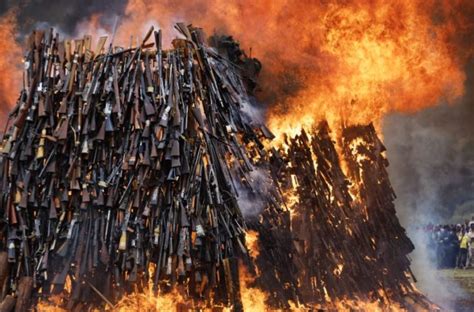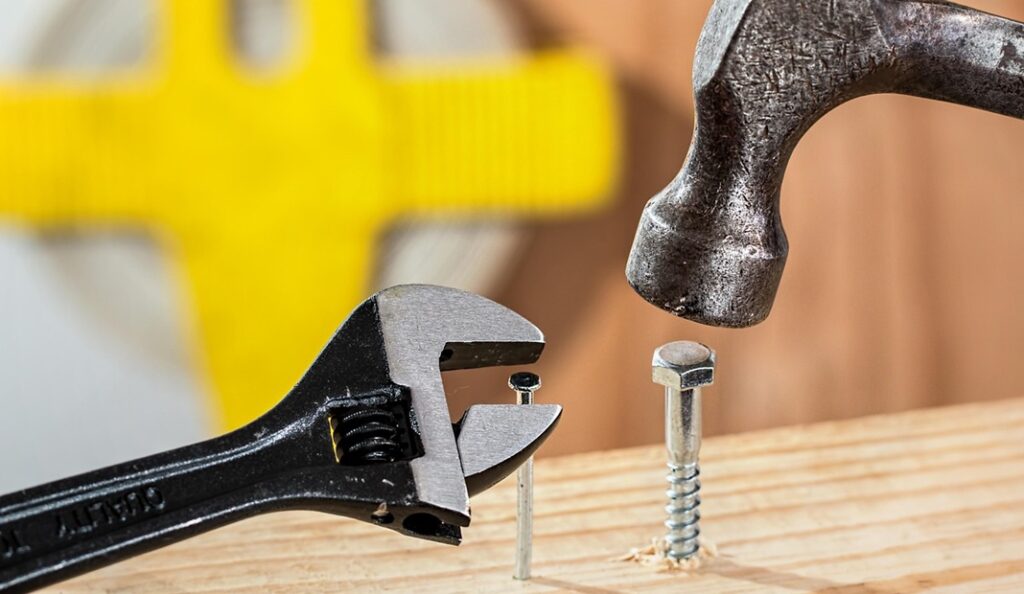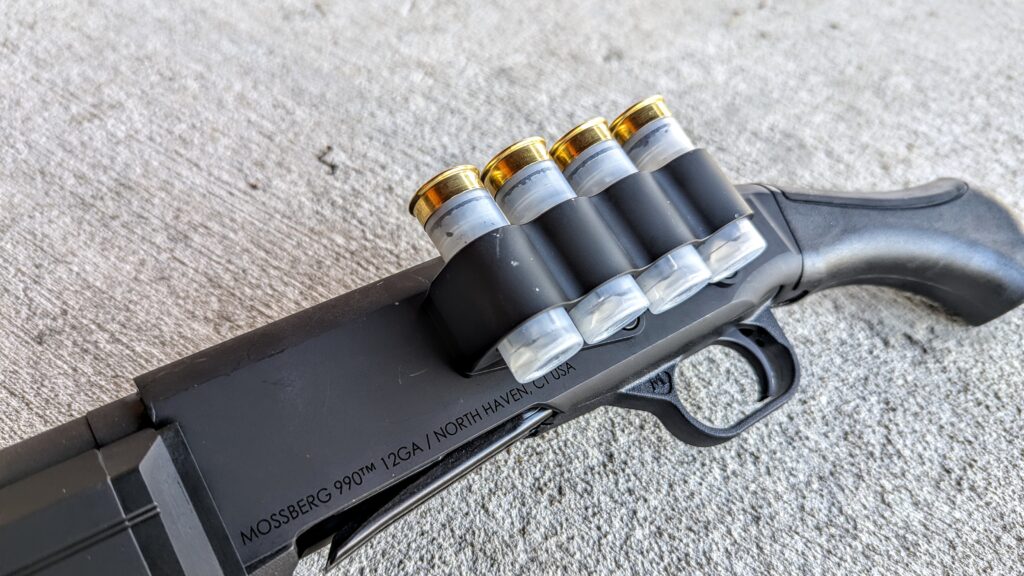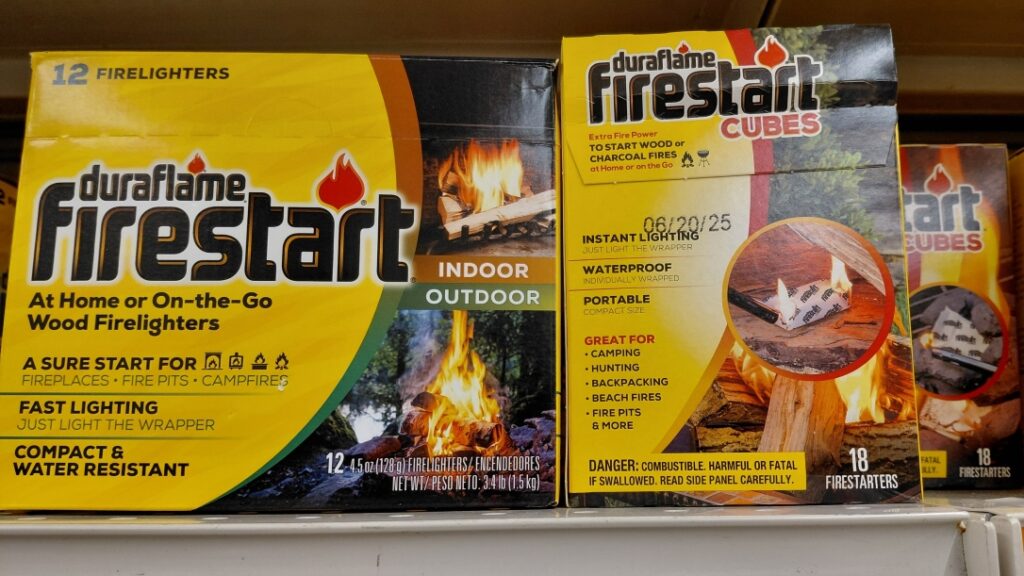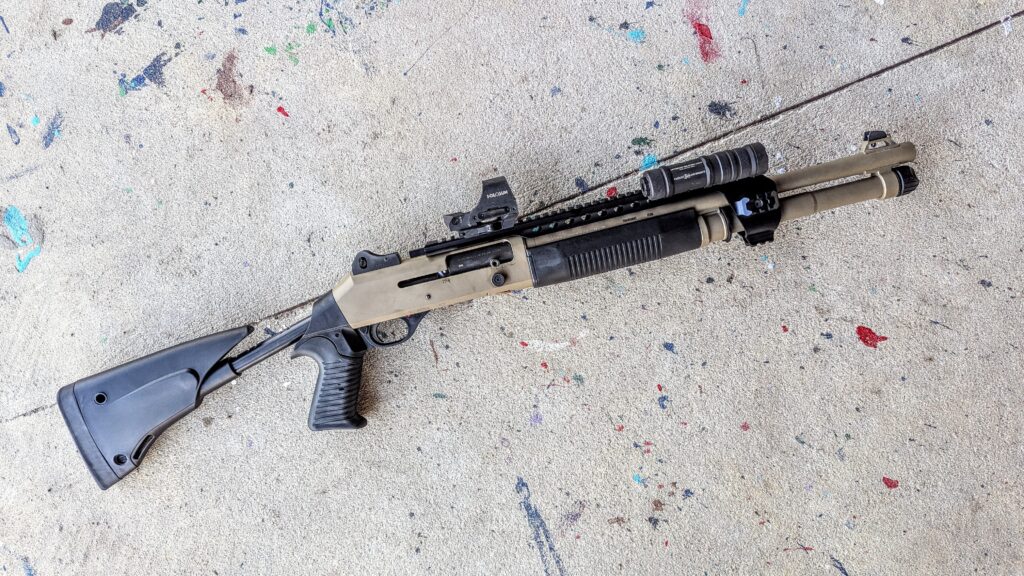The latest Lancet Psychiatry editorial mixes several poorly articulated ideas in a swing-and-a-miss effort to impugn American gun owners by suggesting that current gun purchases are fueled by cowardice in the face of economic adversity. Given The Lancet’s other-than-the-United States focus, it isn’t surprising that it woefully mischaracterizes us.
“Home of the brave?” links economic hardship with gun purchases, and even resurrects Obama’s whopper foot-in-mouth statement: “bitter clingers”! Their conjectured emotional logic goes something like this: an economic downturn breeds anxiety, and guns are a salve for unhealthily worried minds.
Advertisement — Continue Reading Below
The purported association between gun purchases and anxiety misses the mark. People typically aren’t quivering in fear when they purchase house insurance, for example, and I’ve not seen either panic or anxiety in guns stores over the past months. I have met people who are appropriately concerned about possible bad outcomes. Rather than outsourcing the responsibility to prevent those outcomes, new gun owners are taking it upon themselves to be as self-sufficient as they can be.
In contrast to anxiety (often, “an irrational reaction to a stressor”) concern is a thinking-and-feeling state that arises from accurately appraising the world we live in. This includes the realization that the police cannot arrive fast enough. Even in the best of circumstances, there will be a delay, and we are not currently living in the best of circumstances.
People buying guns have taken a brave first step towards becoming their own immediate responder. That’s the opposite of cowardice. Although debate rages among internet lawyers and tactical experts regarding the legality and strategic wisdom of the St. Louis couple that confronted a crowd of 300, what cannot be questioned is their bravery. They neither hid nor waved a flag of surrender.
Advertisement — Continue Reading Below
After attacking gun owners, The Lancet changes it up by attacking the guns themselves: “We can be confident that . . . guns will play a primary role in pushing higher the US’s already high preventable death rate.” Depression mixed with suicidal ideation is a dangerous condition, not gun ownership. We know this because other countries with far less gun ownership have worse rates of suicide, such as Japan and parts of the former Soviet Union. Deaths involving the use of guns have been falling while the number of gun owners and guns has skyrocketed.
Finally, the editorial makes a leap to institutionalized racism. Although it notes that “gun violence” largely impacts minorities, rather than addressing poverty and disparities in education and job opportunities related to racism, it proclaims the solution is “advocating for fewer guns.” People protesting institutionalized racism every night around the monuments of Confederate generals here in Richmond would take exception to The Lancet’s position. Why? Because they are armed. Some have open-carried AR-15s and conceal-carried pistols. Even the local news, which is typically aghast at public displays of civilian gun ownership, gave them a pass because the logic of wanting to defend oneself is unassailable, in these current circumstances.
Given the genocides that have occurred around the world for generations, why can’t The Lancet see the importance of minority gun ownership? At this year’s historic Virginia Citizen Defense League’s Lobby Day, every ethnic group was well represented. Placards that stand out in my mind read: “Armed Minorities Are Harder To Oppress” . . . “I am UNARMED today due to GOVT. OPPRESSION” . . . “The easiest way to enslave people is to DISARM them.”
Advertisement — Continue Reading Below
Unfortunately, terminal hoplophobia is a treatment-resistant condition characterized by blind allegiance to a fairytale that reads “. . . all the guns were banned and the people lived happily ever after.” This affliction keeps otherwise intelligent people from seeing how defensive gun usage vastly outweighs criminal usage, or experiencing the challenge and fun of the shooting sports.
The Founders of our country understood human nature at a level that Lancet Psychiatry cannot grasp, because these ivory-tower academics put the blame for violence on the weapon, not the person wielding it. Isn’t it curious that such mental health experts are more concerned about the weapon than with the perpetrator? Is it so hard to fathom that once disposed towards violence, a person will weaponize whatever is at hand?
Rather than slighting the literal and cultural descendants of the Greatest Generation who freed Europe—with guns—The Lancet would do well to learn from them.
Advertisement — Continue Reading Below
.
.

–Dennis Petrocelli, MD is a clinical and forensic psychiatrist who has practiced for nearly 20 years in Virginia. He took up shooting in 2019 for mind-body training and self-defense, and is in the fight for Virginians’ gun rights.
Advertisement — Continue Reading Below
